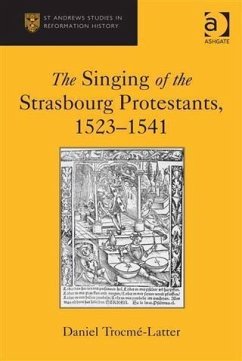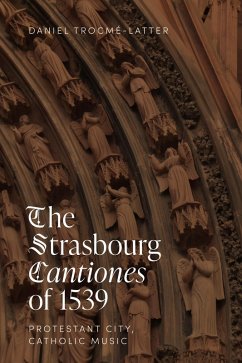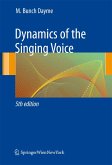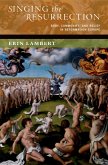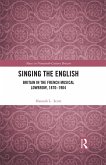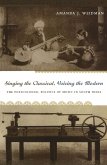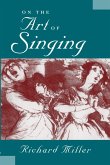Music was, in some form or another, a pastime enjoyed by all in sixteenth-century society, and a fundamental part of their lives. It was both through the use of music and partly as a result of its existence that many religious changes occurred during the Reformation. This book explores the part played by music, especially group singing, in the unfolding of the Protestant reforms in Strasbourg. It considers both ecclesiastical and popular songs in the city, examining how both genres fitted into peoples lives during this time of strife, and how the provision and dissemination of music as a whole affected, and in turn was affected by, the new ecclesiastical arrangement.Whilst it would be naive to assume that the congregations were transformed from impious to pious overnight as the result of the introduction of German hymns, it is clear that there were real and concerted efforts on the part of reformers to get people to embrace the new faith, and writing hymns for them to sing was central to the process. Drawing upon a range of sources - including liturgical orders and hymnals, polemical songs, chronicles of the Reformation and text manuscripts - the book explores the methods by which new songs were introduced in Strasbourg churches, and suggests how congregations might have learnt them. In so doing it provides an account of the process by which reformers found music a place in the new Church, and used it to promote their wider reform agenda.
Dieser Download kann aus rechtlichen Gründen nur mit Rechnungsadresse in A, B, BG, CY, CZ, D, DK, EW, E, FIN, F, GR, HR, H, IRL, I, LT, L, LR, M, NL, PL, P, R, S, SLO, SK ausgeliefert werden.

